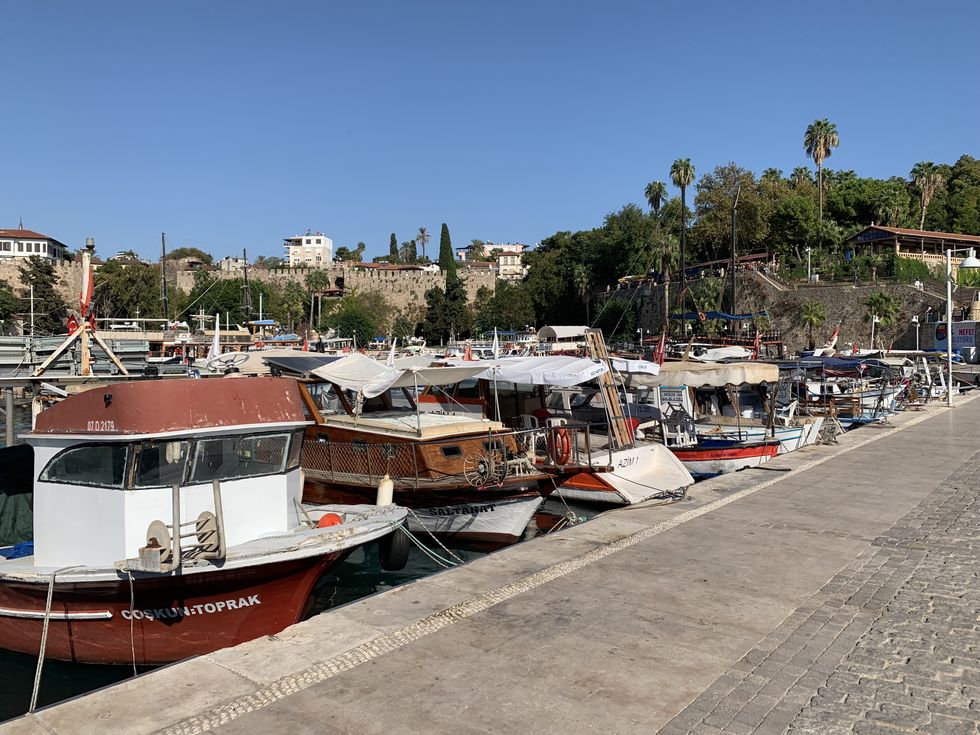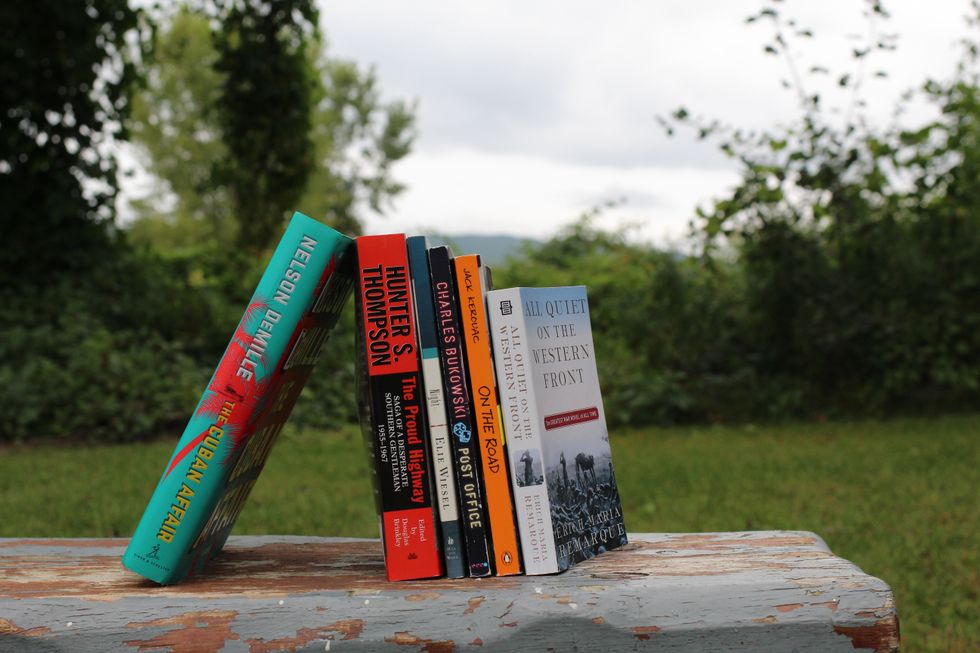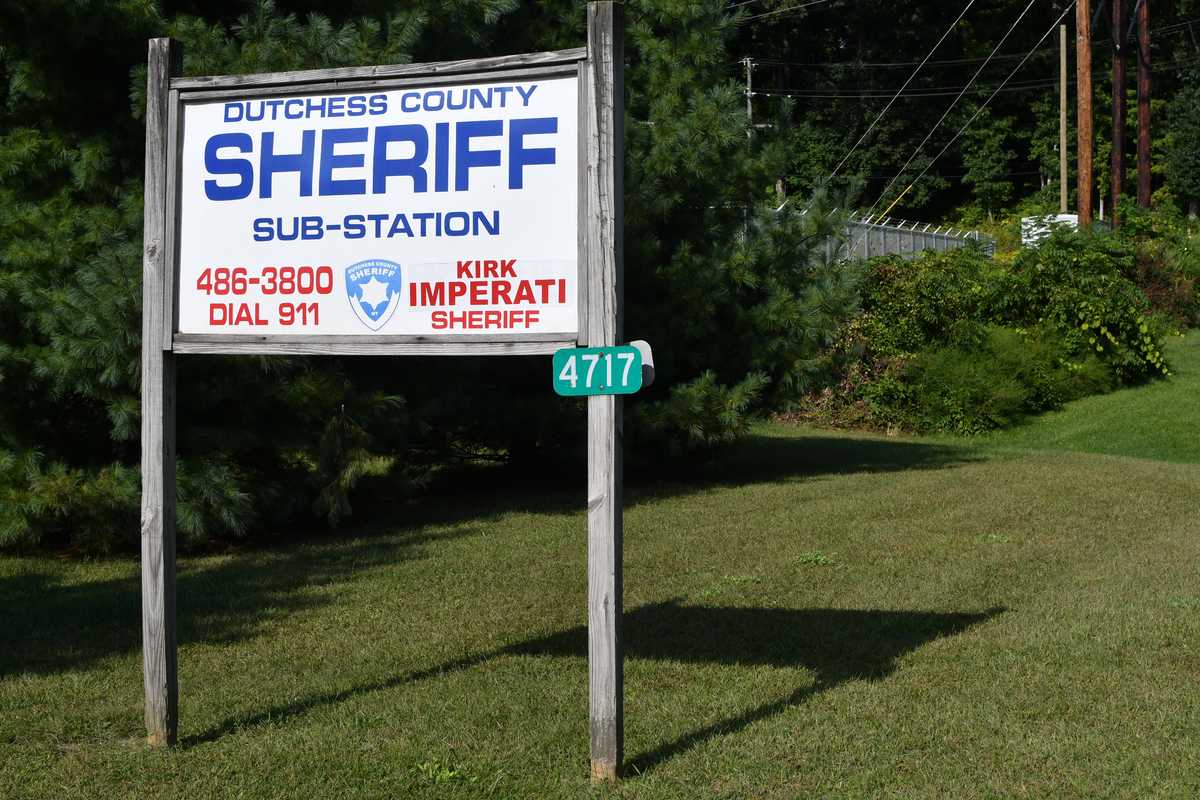Truly a ‘Dream’ Vacation: Whiling Away the Hours in Rome

What looks like a Great Master-style painting peeks out from behind a cascade of drapery at an antiques store in Rome in a new collection of photos and musings about the Italian capital by photographer Jeannette Montgomery Barron and writer Andre Aciman.
Photo by Jeannette Montgomery Barron













 Interior of the Linde Center for Music and Learning.Hilary Scott, courtesy of the BSO
Interior of the Linde Center for Music and Learning.Hilary Scott, courtesy of the BSO




